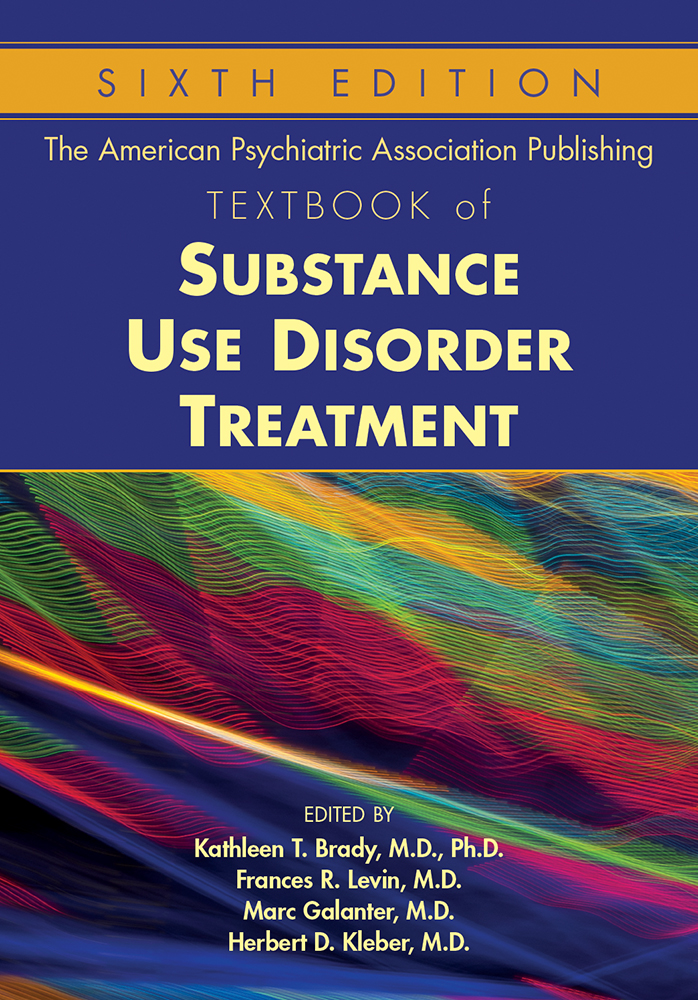Chapter 16.Neurobiology of Marijuana
Sections
Excerpt
Though often thought of as a singular substance, marijuana—or, more accurately, cannabis—consists of at least 100 phytochemicals with distinct chemical structures. The behavioral effects of cannabis have been well described for centuries, but the endogenous system that cannabis works upon was only discovered in the early 1990s. Since that time, much research has been done to uncover the substrates and neural systems associated with the endocannabinoid system.
Access content
To read the fulltext, please use one of the options below to sign in or purchase access.- Personal login
- Institutional Login
- Sign in via OpenAthens
- Register for access
-
Please login/register if you wish to pair your device and check access availability.
Not a subscriber?
PsychiatryOnline subscription options offer access to the DSM-5 library, books, journals, CME, and patient resources. This all-in-one virtual library provides psychiatrists and mental health professionals with key resources for diagnosis, treatment, research, and professional development.
Need more help? PsychiatryOnline Customer Service may be reached by emailing [email protected] or by calling 800-368-5777 (in the U.S.) or 703-907-7322 (outside the U.S.).



